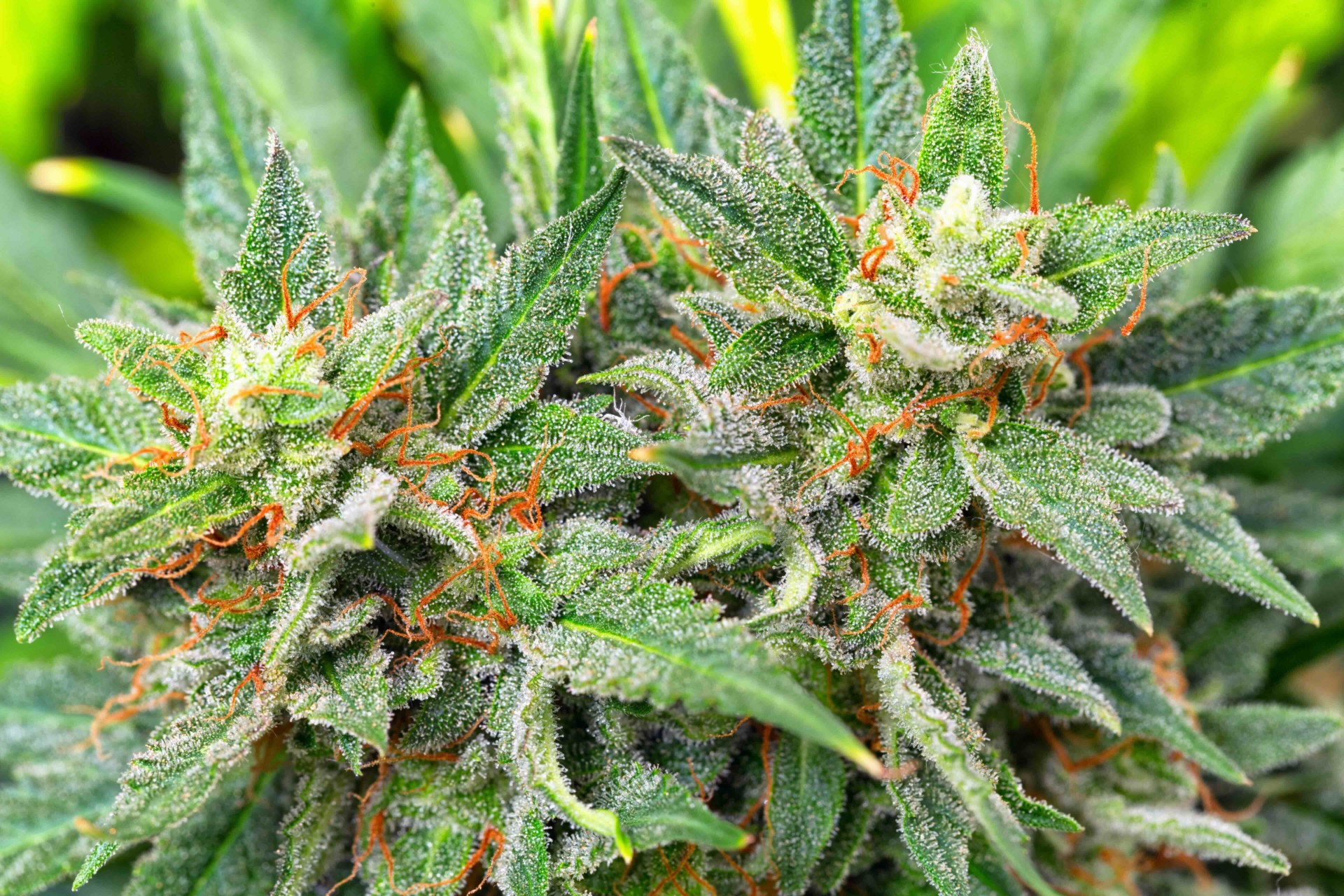
Why Trademarks Matter in the Competitive Craft Beer Industry
Trademarks matter in the craft beer industry, as Matthew McLaughlin wrote in a piece for the University of Vermont.
A craft brewery’s intellectual property is its most valuable asset, and it starts with a name—a trademark—that embodies the product's creativity, passion and inspiration.
In an article recently published by the University of Vermont’s Continuing and Distance Education program, our own Matthew McLaughlin wrote that over time, a company invests resources to develop those trademarks into a cohesive brand.
As the craft brewery industry continually expands, the likelihood that breweries will cross intellectual property lines is likely to increase, leading to more situations of infringement. That’s why many breweries are becoming more proactive in protecting and defending their intellectual property, such as trademarks.
A trademark is a form of intellectual property protected by United States law. "The best way to understand trademarks is to think of them as brand names or logos,” Matthew wrote. "When you think of a particular brand name, you likely link the brand with the products that it produces. This mental link helps you know when you go to a store that what you are about to purchase will be the same or substantially similar to other items you have purchased associated with the brand."

Matthew McLaughlin is an instructor in the University of Vermont’s Craft Beer School.
Matthew, who is also an instructor in UVM’s Business of Craft Beer School, used the Stone Brewing Company trademark as an example.
"If you like Stone Brewing Company products and want to purchase more, you can look for the name or the logo and feel confident you will get a quality craft beer that was, in fact, manufactured by Stone Brewing Company," he wrote. "Trademarks benefit the consuming public because they prevent brand confusion. They also benefit trademark owners because they ensure that the goodwill the craft brewery has created is not diminished by products produced by other businesses."
Trademarks encompass more than brand names and logos. They also include words, designs, symbols, and devices used to identify the source of one good from goods made by another source. Under certain circumstances, colors, sounds, and scents can also be trademarks, Matthew wrote.
Trademarks are protected at the federal level by the United States Patent and Trademark Office. In order to register a trademark, it must be both distinctive and used in interstate commerce.
Although federal registration is not required for protection of trademark rights, it provides substantial benefits, Matthew explained. "These benefits include evidentiary presumptions regarding the ownership of the mark, the validity of the mark, and the exclusive right to use the mark nationwide in connection with the goods or services connected to the registration."
Matthew's article is Part 1 in a series focused on the importance of trademarks in the craft beer industry. To learn more about trademarks and branding for your brewery, explore Business of Craft Beer Certificate Program and Beer School short courses.





